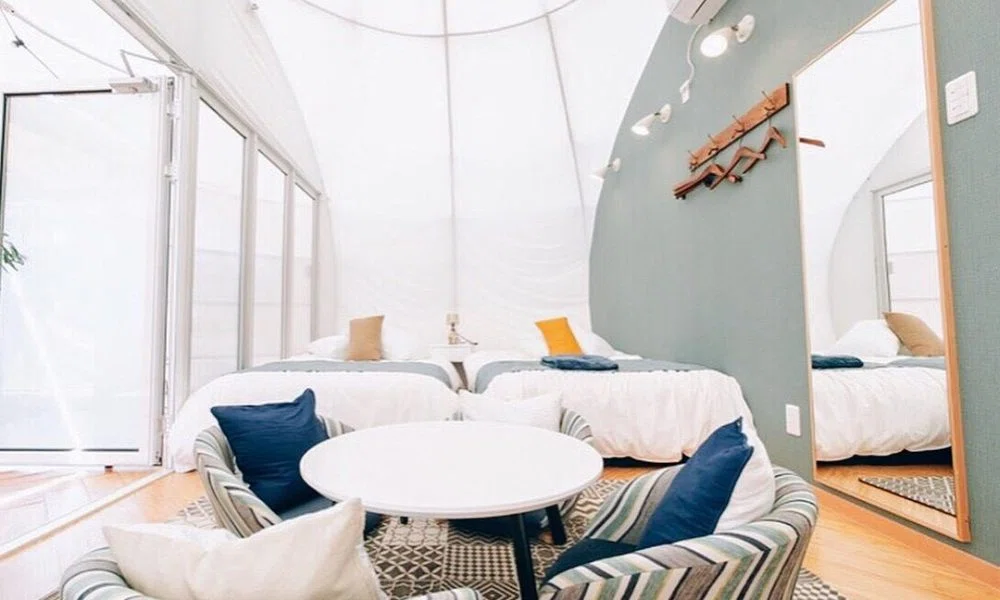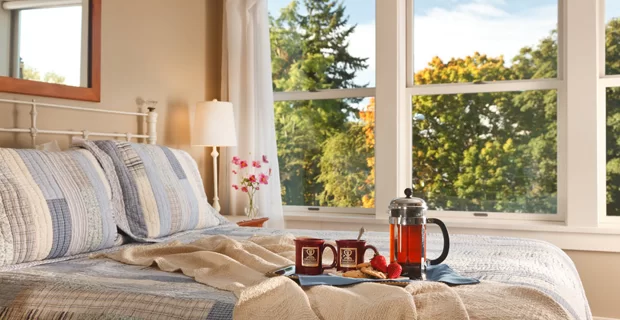Best Types of Accommodation for Travelers Abroad: A Complete 2026 Guide
When planning a trip abroad, where you stay is just as important as where you go. The best types of accommodation for travelers abroad vary depending on your budget, travel style, and destination. From luxurious resorts to cozy hostels, short-term rentals to unique local stays, choosing the right accommodation can shape your travel experience. This guide explores all major accommodation options, tips for booking, and insights to make your stay abroad comfortable, safe, and memorable.

1. Hotels: Comfort and Convenience
Hotels are the most traditional form of accommodation and remain popular for travelers seeking comfort, service, and reliability.
a. Types of Hotels
- Luxury Hotels: Offer five-star amenities, concierge services, spa facilities, and fine dining. Ideal for travelers who want a stress-free, indulgent experience.
- Mid-Range Hotels: Provide comfortable rooms, breakfast, and sometimes additional amenities like gyms or pools. Best for budget-conscious travelers who still want convenience.
- Boutique Hotels: Smaller hotels with unique designs and personalized service, often reflecting local culture.
b. Tips for Booking Hotels Abroad
- Compare prices on platforms like Booking.com, Expedia, or Hotels.com.
- Check for cancellation policies—flexibility is crucial for international travel.
- Look for hotels near public transport for convenience.
2. Hostels: Budget-Friendly Social Stays
Hostels are perfect for solo travelers, backpackers, and young adventurers seeking affordable lodging and social interaction.
a. Types of Hostels
- Dormitory-Style Rooms: Shared rooms with bunk beds, often with communal bathrooms.
- Private Rooms: A more private option within a hostel, sometimes at a slightly higher cost.
- Specialty Hostels: Focus on unique experiences, like eco-hostels, party hostels, or wellness-focused hostels.
b. Benefits of Staying in Hostels
- Budget-friendly, allowing more money for activities and exploration.
- Opportunity to meet fellow travelers.
- Often organized tours, social events, and local guides.
c. Booking Tips
- Check reviews on Hostelworld or Booking.com.
- Look for hostels with secure lockers and 24-hour reception.
- Bring earplugs and a sleeping mask for shared rooms.
3. Short-Term Rentals and Vacation Homes
Platforms like Airbnb and Vrbo have revolutionized the way travelers experience local culture.
a. Benefits of Short-Term Rentals
- Space and Privacy: Ideal for families, groups, or long-term stays.
- Local Experience: Live in a neighborhood, shop at local markets, and cook meals like a local.
- Cost-Efficient: Often cheaper than hotels, especially for longer stays.
b. Tips for Booking Rentals Abroad
- Read reviews carefully to avoid misleading listings.
- Check amenities—Wi-Fi, kitchen equipment, and laundry facilities are often overlooked.
- Confirm proximity to transport, shops, and attractions.
4. Guesthouses and Bed & Breakfasts
Guesthouses and B&Bs offer a homely, personalized experience, often run by locals.
a. Advantages
- Friendly hosts who can provide travel tips and local insights.
- Breakfast included, saving money and time.
- Often located in charming neighborhoods away from tourist crowds.
b. Considerations
- Some may not have 24-hour reception.
- Fewer amenities than hotels, but often cozier and more authentic.
5. Resorts and All-Inclusive Stays
Resorts are ideal for travelers who want relaxation and convenience in one package.
a. Types of Resorts
- Beach Resorts: Perfect for sun, sand, and water sports.
- Mountain or Ski Resorts: Stay close to slopes, trails, and nature.
- All-Inclusive Resorts: Meals, drinks, and entertainment included—great for families or those who want a stress-free vacation.
b. Tips for Resort Stays
- Check what is included in the price to avoid surprises.
- Book early for peak seasons, especially in tropical destinations.
- Look for family-friendly or adult-only options depending on travel style.

6. Homestays and Cultural Immersion
Homestays allow travelers to live with local families, providing a unique cultural experience.
a. Benefits of Homestays
- Learn about local customs, language, and cuisine.
- Often include home-cooked meals and personal interaction.
- Safe and authentic alternative to hotels, especially in remote areas.
b. Tips
- Research reviews and confirm expectations beforehand.
- Respect household rules and traditions.
- Be open to cultural differences and experiences.
7. Camping and Glamping Abroad
For travelers who love nature, camping is an adventurous option. Glamping offers a luxurious twist on traditional camping.
a. Types of Camping
- Tent Camping: Traditional, cost-effective, and immersive.
- RV or Campervan Stays: Travel and sleep on the go, popular in countries like the USA, Australia, and New Zealand.
- Glamping: Tents, yurts, or cabins with comfortable beds, electricity, and private bathrooms.
b. Tips for Camping Abroad
- Research local regulations and permitted camping sites.
- Carry essential gear, including waterproof tents and sleeping bags.
- Check safety precautions for wildlife or weather conditions.
8. Host Families and Student Accommodation
Students and interns often need temporary accommodation abroad.
a. Benefits
- Affordable and often near universities or workplaces.
- Opportunity to experience local life.
- Sometimes meals are included, reducing expenses.
b. Booking Tips
- Universities or internship programs often provide recommended options.
- Confirm room conditions and facilities in advance.
- Understand the rules for guests and shared spaces.
9. Specialty and Unique Stays
For adventurous or luxury travelers, unique stays can make a trip unforgettable.
a. Examples
- Treehouses: Found in tropical destinations or forests.
- Overwater Bungalows: Popular in the Maldives and Bora Bora.
- Ice Hotels: Sweden and Finland offer frozen accommodations with unique experiences.
- Historic Stays: Castles, monasteries, or heritage homes.
b. Tips
- These accommodations are often seasonal—book early.
- Check what’s included in the price, especially in remote areas.
- Be prepared for unusual conditions (cold, height, or limited access).
10. Factors to Consider When Choosing Accommodation Abroad
- Budget: Decide how much you’re willing to spend per night.
- Location: Proximity to attractions, transportation, and safety.
- Duration of Stay: Long stays may benefit from rentals or hostels, short stays from hotels or resorts.
- Amenities: Wi-Fi, kitchen, laundry, and other facilities.
- Travel Style: Solo, family, group, or luxury preference.
- Reviews and Ratings: Always check recent reviews from other travelers.

11. Booking Tips for 2026 Travelers
- Use Trusted Platforms: Booking.com, Airbnb, Expedia, Hostelworld, and Agoda.
- Flexibility is Key: Sometimes changing dates or locations can save hundreds.
- Consider Loyalty Programs: Hotels and booking sites often reward repeat travelers with discounts.
- Travel Insurance: Protects your stay in case of cancellations, emergencies, or unforeseen events.
- Local Alternatives: In some countries, local booking sites or walk-in options are cheaper than international platforms.
12. How Accommodation Shapes Your Travel Experience
Where you stay affects your trip in multiple ways:
- Convenience and accessibility to attractions.
- Interaction with locals and cultural immersion.
- Comfort, relaxation, and personal safety.
- Budget allocation for other experiences, like activities, food, and tours.
Choosing the right accommodation ensures you spend more time enjoying your destination rather than worrying about logistics.
13. Final Thoughts
The best types of accommodation for travelers abroad depend on your budget, preferences, and style of travel. Whether it’s a luxury hotel, cozy guesthouse, adventurous campsite, or immersive homestay, there’s an option for every traveler. Planning ahead, researching options, and understanding your priorities will make your international trip smoother, safer, and more enjoyable.
Travel is not just about the destination—it’s also about the experiences you have along the way, and accommodation is a big part of that.